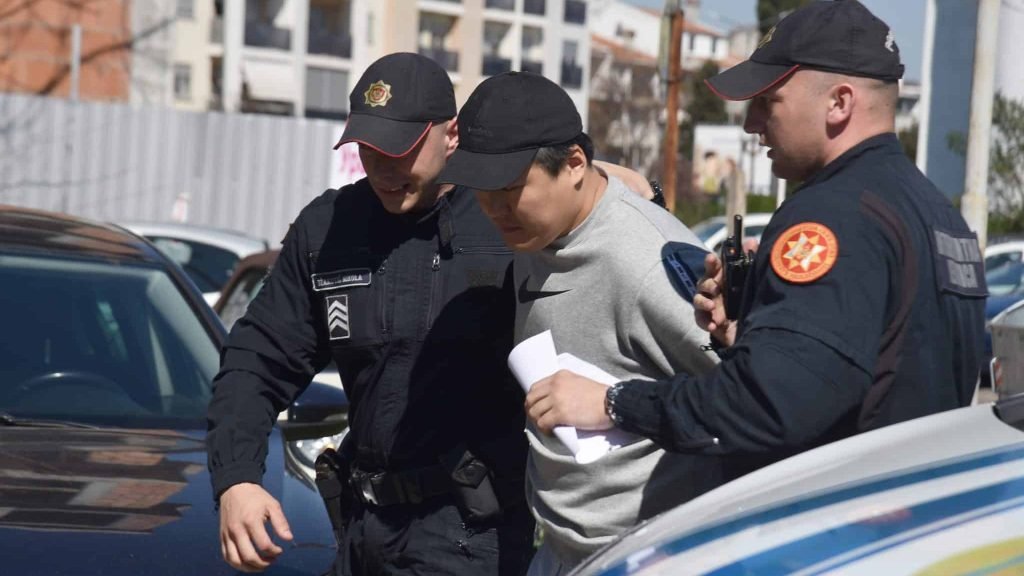Cryptocurrency mogul Do Kwon, co-founder of Terraform Labs and creator of the now-defunct TerraUSD stablecoin, has been extradited to the United States, marking a significant development in global cryptocurrency enforcement. Accused of orchestrating one of the largest financial frauds in the history of digital assets, Kwon’s extradition has sparked debates on regulatory oversight, international cooperation, and the future of crypto law enforcement.
Background of the Case
Terraform Labs rose to prominence with TerraUSD, a stablecoin that was supposed to maintain a 1:1 peg with the U.S. dollar. However, in 2022, the algorithmic stablecoin collapsed, wiping out nearly $60 billion in value and triggering a broader crash in the cryptocurrency market. The fallout affected millions of investors worldwide and led to increased scrutiny of the risks associated with decentralized financial systems.
Do Kwon fled as authorities began investigating the collapse, facing charges in multiple jurisdictions, including the United States, South Korea, and Singapore. His recent capture and extradition to the U.S. underline the global nature of cryptocurrency crimes and the collaborative efforts of international law enforcement.
Legal Charges Against Do Kwon
Kwon faces multiple charges in the U.S., including securities fraud, wire fraud, and conspiracy to defraud investors. Federal prosecutors allege that he misled investors about the stability of TerraUSD and engaged in deceptive practices to inflate its value.
These charges highlight the growing focus on holding cryptocurrency leaders accountable for their platforms’ failures, especially when those failures involve widespread financial losses.
The Role of International Cooperation
Kwon’s extradition illustrates the increasing cooperation among nations in addressing cryptocurrency crimes. Law enforcement agencies are leveraging extradition treaties and mutual legal assistance agreements to bring alleged criminals to justice, regardless of their location.
This case sets a precedent for how global regulatory bodies can work together to police the largely decentralized and borderless cryptocurrency industry.
Regulatory Implications for Cryptocurrencies
The case against Kwon could have lasting effects on the cryptocurrency landscape. U.S. regulators, including the SEC, have been ramping up efforts to classify and regulate digital assets. A conviction could strengthen the call for tighter rules governing stablecoins and other cryptocurrencies.
Additionally, the case may influence how investors view the risks associated with digital assets, potentially shifting market sentiment and encouraging more rigorous due diligence.
Challenges Ahead
While Kwon’s extradition and trial represent a significant step forward in crypto enforcement, they also underscore the challenges of regulating a decentralized financial ecosystem. Questions remain about how existing laws can be applied to blockchain technology and whether new frameworks are needed to address its unique characteristics.

